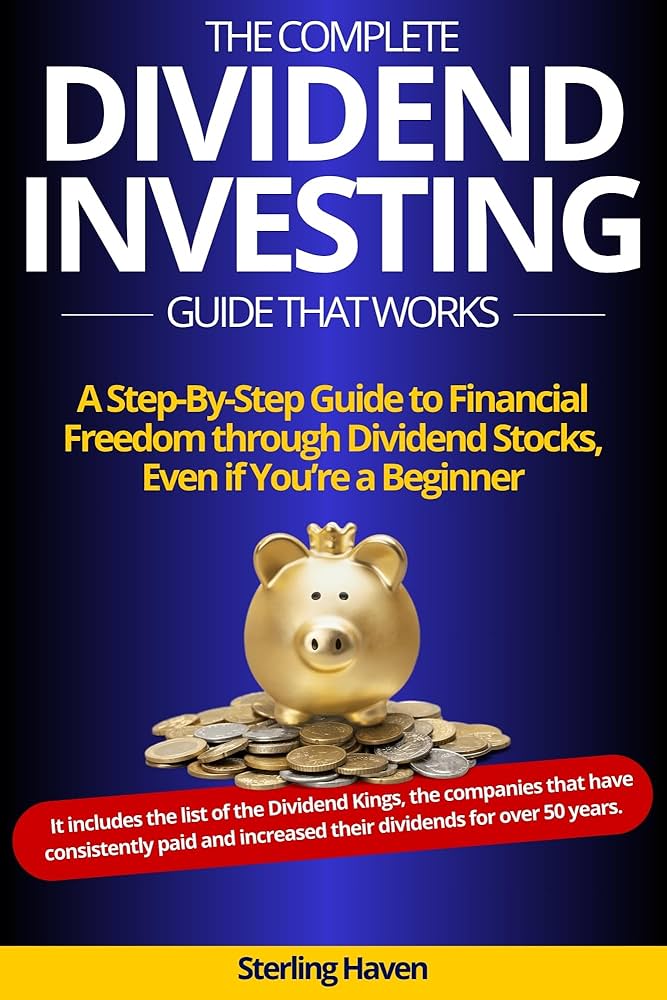The question of whether to invest in stocks with dividends is a common one for both novice and experienced investors. It’s a decision that hinges on your individual financial goals, risk tolerance, and investment timeline. Dividend stocks, which are shares of companies that distribute a portion of their earnings to shareholders, can offer a steady stream of income and potentially provide a buffer during market downturns. However, they also come with their own set of considerations that need careful evaluation before committing your capital. Understanding the nuances of dividend investing is crucial to making an informed decision that aligns with your overall investment strategy.
Understanding Dividend Stocks
Dividend stocks represent ownership in companies that choose to share their profits with shareholders. These payments, known as dividends, are typically distributed quarterly, though some companies may pay them monthly or annually. The amount of the dividend is usually expressed as a dividend yield, which is the annual dividend payment divided by the stock’s price. This yield provides a percentage return on your investment based solely on the dividend income.
Benefits of Investing in Dividend Stocks
- Income Generation: Dividends provide a regular income stream, which can be particularly attractive for retirees or those seeking passive income.
- Potential for Growth: Many dividend-paying companies are well-established and financially stable, offering the potential for long-term capital appreciation in addition to dividend income.
- Inflation Hedge: Some companies increase their dividends over time, helping to protect your purchasing power against inflation.
- Reduced Volatility: Dividend stocks can sometimes be less volatile than non-dividend-paying stocks, providing a cushion during market downturns.
Risks of Investing in Dividend Stocks
- Dividend Cuts: Companies can reduce or eliminate their dividends if they experience financial difficulties, which can negatively impact your income stream and the stock’s price.
- Tax Implications: Dividends are typically taxed as ordinary income or at a qualified dividend rate, depending on your tax bracket.
- Opportunity Cost: Investing in dividend stocks may mean missing out on the potential for higher growth offered by non-dividend-paying stocks.
- Company Performance: A high dividend yield can sometimes be a red flag, indicating that the company’s stock price is declining due to underlying financial problems.
Factors to Consider Before Investing
Before diving into dividend investing, consider these key factors:
Your Investment Goals: Are you seeking income, growth, or a combination of both?
Your Risk Tolerance: Are you comfortable with the potential for dividend cuts and market volatility?
Your Investment Timeline: How long do you plan to hold the stocks?
Diversification: Don’t put all your eggs in one basket. Diversify your portfolio across different sectors and asset classes.
It’s also important to research individual companies thoroughly before investing. Look at their financial statements, dividend history, and future growth prospects. A company’s ability to consistently pay and increase its dividends is a good indicator of its financial health and stability; The decision of whether or not to invest in stocks with dividends requires careful consideration.
FAQ: Dividend Investing
Here are some frequently asked questions about dividend investing:
- What is a dividend yield?
The dividend yield is the annual dividend payment divided by the stock’s price, expressed as a percentage.
- How often are dividends paid?
Dividends are typically paid quarterly, but some companies may pay them monthly or annually.
- Are dividends guaranteed?
No, dividends are not guaranteed and can be reduced or eliminated at any time.
- How are dividends taxed?
Dividends are typically taxed as ordinary income or at a qualified dividend rate, depending on your tax bracket.
Making the Right Decision
Ultimately, the decision of whether or not to invest in stocks with dividends depends on your individual circumstances. If you are seeking a steady stream of income and are comfortable with the risks involved, dividend stocks may be a good fit for your portfolio. However, it’s important to do your research, diversify your holdings, and consult with a financial advisor before making any investment decisions. Remember, investing in stocks with dividends is a long-term strategy, and patience is key to achieving your financial goals.

